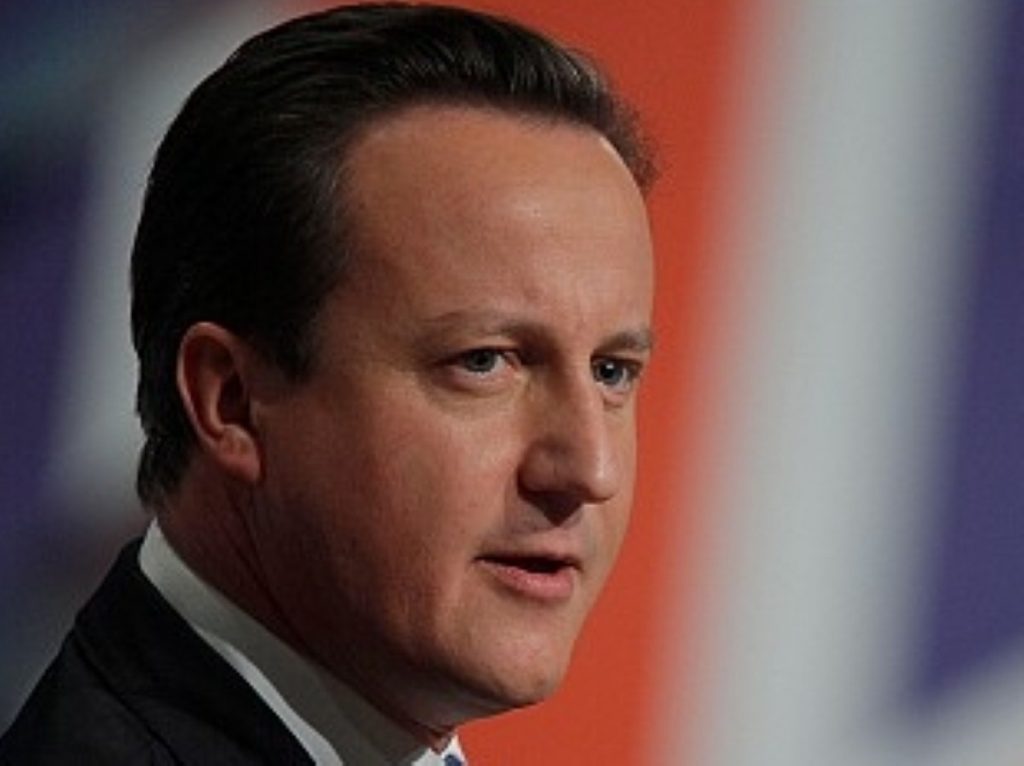Cameron’s big reshuffle: Rightward drift?
Reports about David Cameron's Cabinet reshuffle suggest the government is about to shift noticeably to the right.
The mid-term shuffling of the pack looks set to demote liberal Cabinet figures like Ken Clarke and leave the Liberal Democrats unchanged, while boosting traditionalist and right-wing figures in the Conservative party.
Clarke, whose focus on rehabilitation rather than prison at the Ministry of Justice angered the tabloid press, is expected to be demoted, probably to Leader of the House – a position currently occupied by Sir George Young.
The right-wing Andrew Mitchell, who was campaign manager for David Davis before becoming international development secretary, is expected to become chief whip, bringing him firmly into Cameron's inner circle.


Deputy chairman Michael Fallon, Northern Ireland secretary Owen Paterson and employment minister Chris Grayling are also in line for promotion.
Up to 20 individuals from 2010's intake – which is robustly socially and economically right wing – are set to join the front bench, as junior and mid-ranking Tories are jettisoned in favour of younger colleagues.
The shift to the right is a sign of Cameron's increased need to day-to-day practical control over his party, as it became nearly ungovernable in the wake of rebellions over House of Lords reform and Europe.
To do so he will need to show that career advancement is possible for his young backbenchers and limit the influence of the Liberal Democrats, who have become hate figures to many in the Tory party.
The re-introduction of Liberal Democrat David Laws will be a point of contention, especially if it sees the number of Lib Dem secretaries of state rise from their allotted five.
That remains unlikely however. Laws is expected to be given the position of minister, possibly in the education department, and then informally advise Nick Clegg on economic policy and Oliver Letwin in the Cabinet Office.
The big beasts of the party, including William Hague, George Osborne and Theresa May, are expected to stay in their respective positions.
The position of figures such as Jeremy Hunt and Andrew Lansley is unclear. Observers will be watching closely to see if the men, whose reputations have been battered by events at the Department of Health and the Department of Culture, Media and Sport respectively, manage to survive the reshuffle.
The reshuffle is Cameron first major upheaval since he entered Downing Street and is likely also to be his last. The prime minister was determined to avid Labour's seemingly-perpetual changes, which he said prevented ministers 'bedding in' at their departments.
It is expected tomorrow, to follow up on a series of policy announcements from Osborne which were intended to prove the government has the vision and determination to change Britain's economic situation.
Over the weekend, Osborne raised the prospect of an extra runway at Heathrow, a £40 billion guarantee on infrastructure projects, £10 billion on housing developments, a small business relief bank and possible building on green belt sites as a result of a new economic development bill.









